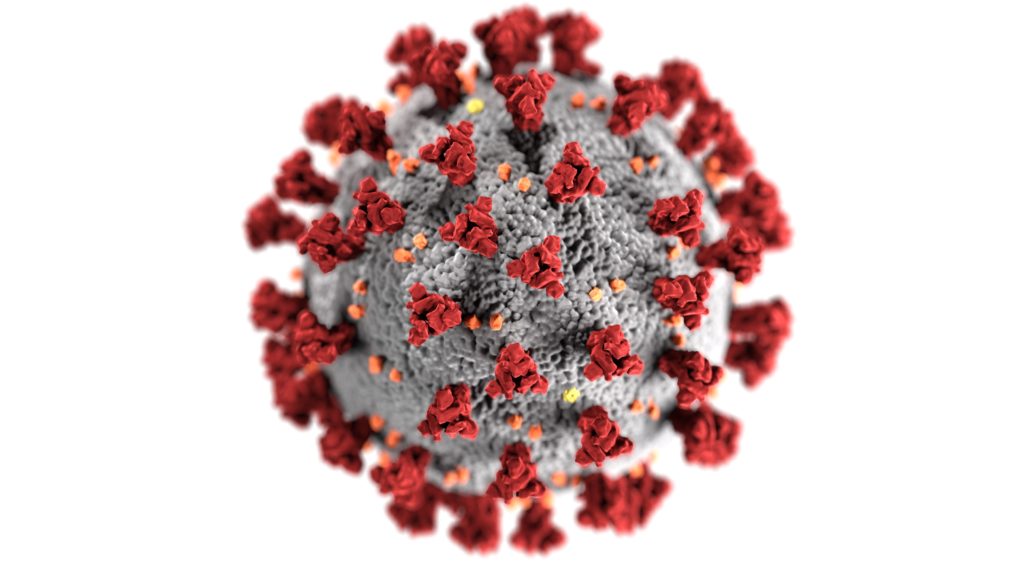
A BGRS Blog post by Nicola Clarke (PhD History)
I am a mature student, just beginning the second year of my PhD in Early Modern History, so I am currently preparing my first research chapter for my upgrade from MPhil to PhD. My research focuses on accuracy and the value of accuracy in seventeenth-century English news sources, with particular reference to the period between 1649 and 1685. It was always work that was going to have some resonance in the 21st century; “fake news” is very definitely not a modern invention.
One of my main topics looks at the 1665 Great Plague and the Fire of 1666. I am interested in whether both producers and consumers of news approached accuracy any differently when dealing with natural disaster as opposed to news about political, civil and military strife, of which there was a good deal in the seventeenth century. When I decided, with my supervisor (Dr Brodie Waddell), to make this my first research chapter, neither of us had any idea that I would be working on it during a 21st century pandemic and a national lockdown….. and that archive access might be a bit trickier than normal. So many thanks are due to Brodie for advice on how to deal with that and to all the archives and their staff that have re-opened in the past few months.
At the start of lockdown in March 2020 I decided to keep a “Covid journal” prompted by a number of academics I follow on twitter. I used to be a journalist and I am trying to be a social and cultural historian, so I figured that keeping a diary might give me some insight into those diary keepers, commonplace book authors and letter writers whose news consumption habits I was trying to understand.
Historians should be rightly cautious about making comparisons between the past and the present, so I am very careful about drawing direct comparisons.
However, despite the considerable advance in medical science and news technology in the last three hundred and fifty years, the search for reliable information and the debates about how to act on that information have a familiar ring.
People in seventeenth century London tracked the weekly Bills of Mortality, as we have all followed the graphs at the daily government news conferences. The efficacy of shutting people up in their houses once a case of plague was discovered was debated from the street to the medical journals. News came at the seventeenth century citizen from a huge range of sources, orally from neighbours, business partners, customers, from Authority – the King, Parliament and the City Authorities, from newspapers, which as well as editorial content, ran huge numbers of adverts for all sorts of plague cures and preventatives.
Those citizens of seventeenth century London, who remained in the city, had to juggle a lot of conflicting information, with the need to maintain daily life and work, and if I have learnt one thing in the last six months it is to have considerable respect for how they managed to do that.
